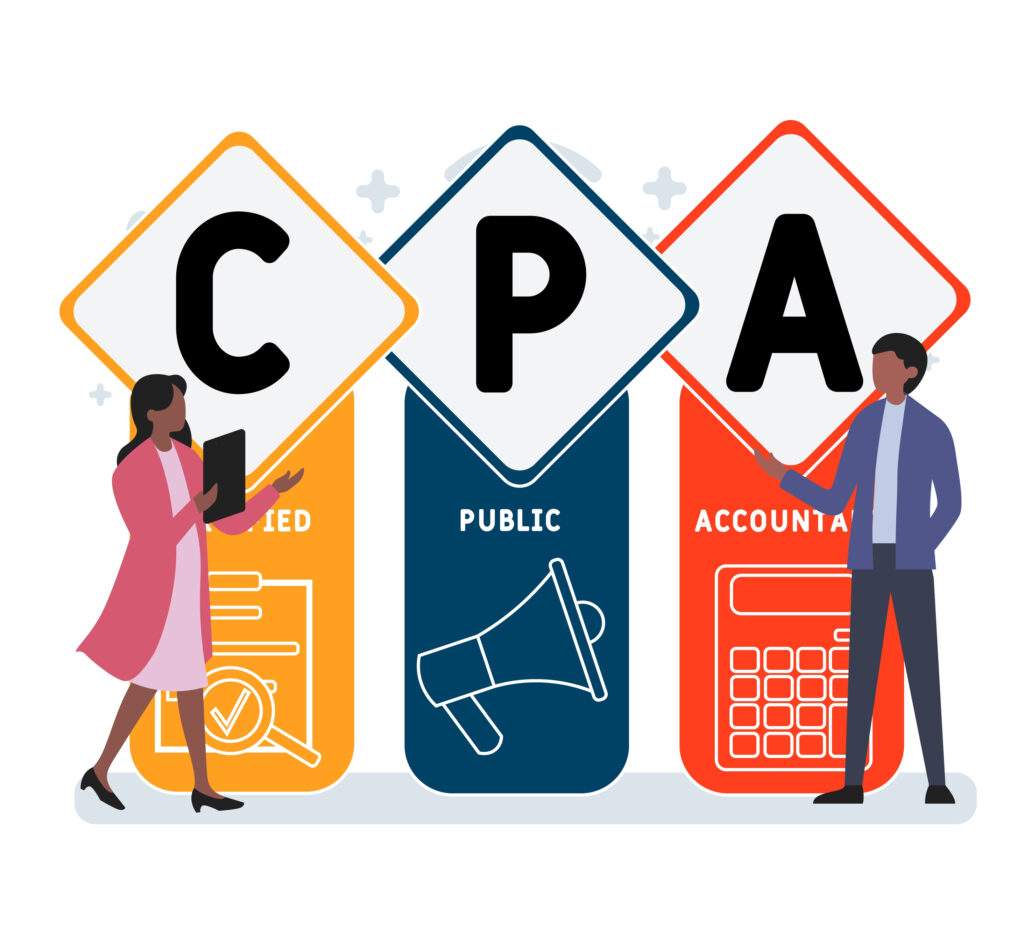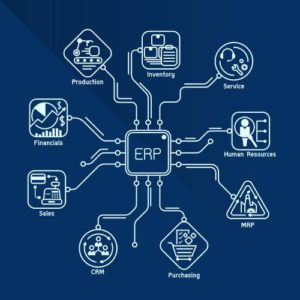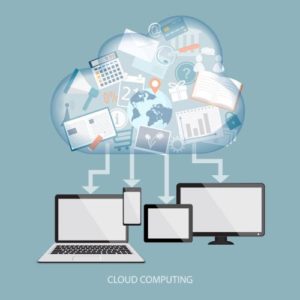If you’re a CPA, you know how important it is to build trust between you and your clients. After all, you’re not just a financial advisor. You’re a business advisor. That means your clients look to you for help beyond tax season. They seek your advice and guidance about technology, growth strategy, and staying competitive.

At least, they should.
When you consider your value as a CPA firm, or as an individual, think about how you can rise above your competition. Why should clients come to you instead of someone else? What kind of value can you provide that others can’t?
Value exists in some of the deeper pain points your clients regularly face:
- Outgrowing their accounting software
- Inability to handle a growing customer base
- Uncertainty about moving their business to the cloud
- Frustration with the feature limitations of their accounting software
- Confusion about alternatives to financial management technologies
These challenges are real. But how often do you know how to help them? If you find yourself occasionally going through the typical suggestions, but secretly wondering if there are better options, it’s time you looked at ERP software.
The ERP Software Solution for CPAs

ERP, or enterprise resource planning, was a term that applied mostly to the manufacturing industry. Now, ERP software solutions have adapted to the business processes of many industries. As Ted Needleman writes in Accounting Today, “…ERP software is moving downward into the space of basic-level software, at least in affordability.”
If your CPA firm hasn’t spent much time with ERP systems, it might surprise you to know how well modern ERP technologies can solve your clients’ pain points, especially those around accounting and financial management.
Here are 3 ways CPAs can benefit from recommending ERP software to their clients:
1. ERP is a powerful QuickBooks alternative
Not every client is ready to, or interested in, leaving QuickBooks. It’s the gold standard among accountants and CPAs, and that may not change anytime soon.
However, many of your clients are frustrated with QuickBooks. Whether they’re looking for features, support, affordability, or data integration, it’s important to have another solution ready to recommend.
That’s especially true if you know the solution can help your client with more than just accounting software.
Needleman writes that “not every ERP application is going to be affordable to a QuickBooks user.” That’s true, depending on the size and goals of the company. But at the same time, many QuickBooks users are looking to grow and finding that they’ll need another accounting software in the process.
2. ERP is an all-in-one business management solution
As Kathleen Hoffelder writes in an NJCPA article, “surviving and thriving in a world of consolidation and challenging economic times means bringing a cohesive set of service offerings to the client’s table.”

Integrated solutions are essential to any CPA who is looking to offer their clients valuable, modern technologies. Too often, businesses are working off of spreadsheets. Or worse, they’ve purchased dozens of software subscriptions and licenses that create data silos and hide crucial company data.
ERP systems exist to uncover and share that data, with the overall goal of helping business leaders make informed, insightful decisions.
Because financial data affects sales, projects, orders, services, inventory, and nearly every other aspect of a business, it shouldn’t be locked away in software that only handles accounting. Rather than try to cobble together software solutions, CPAs can offer a single, all-in-one solution.
Unfortunately, many ERP systems don’t have a native accounting system. In fact, many try to connect with QuickBooks and causing many of the same issues your clients are looking to avoid.
However, there are other solutions that have a complete accounting system built into the software. Integrating accounting with a CRM system is essential for many businesses. And further integration with HR, projects, inventory, and operations is even more beneficial.
3. Modern ERP software is based in the cloud
Many of your clients who are not currently on the cloud are probably asking you whether they should be. Often, this a generational question. Businesses that have operated for decades may have software and data hosted on-site.

But operating in the cloud is the future of business. It’s not only more secure (contrary to the belief of many companies), it’s far more agile. Imagine giving your clients a way to access all of their company data on any device, anywhere they are.
It’s true that not all ERP software is cloud-based. Just like any other type of software, especially in older versions, there are plenty of downloadable, desktop products. However, those will become legacy products, if they aren’t already.
Part of a cloud-based software’s agility is the ability to provide updates and improved user experiences on a regular basis, not just once or twice a year. Best of all, these updates happen without any interruption to the user experience.
Cloud ERP software, especially those with the capability for full financial management, is the kind of technology that many of your clients are asking for, even if they aren’t yet saying it by name.
Conclusion
As a CPA, your ability to thrive among your competition doesn’t just mean having another tool to offer clients. It means being able to give them the entire toolbelt, full of everything they need to scale and succeed as a business.
ERP software manages a company’s financial data, but it does so much more. And the ability to do more is exactly what makes you valuable as a CPA.
Start doing some research about how ERP solutions can benefit your clients, and how they can make you more competitive.

